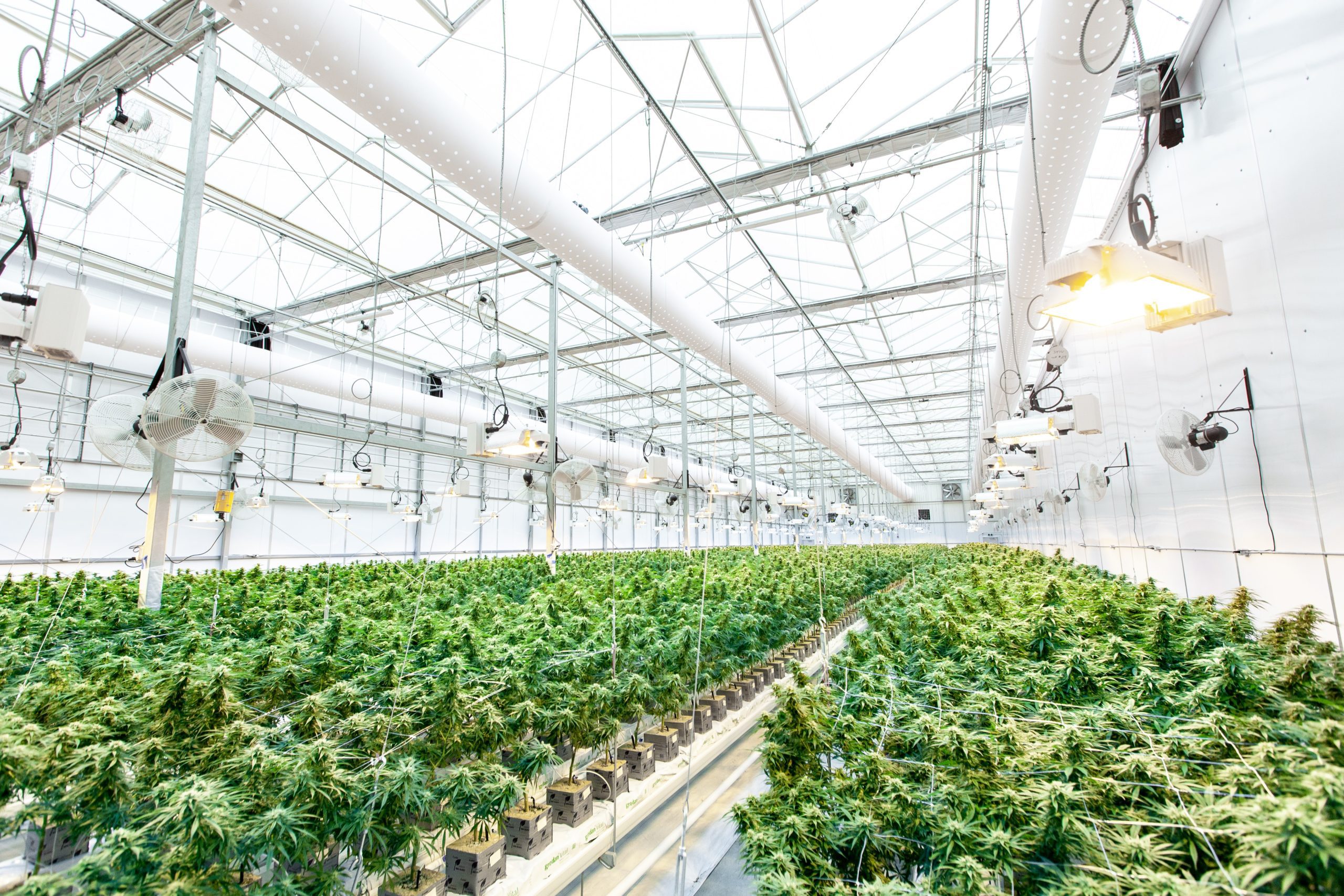
The legalization of cannabis for medicinal and recreational use has opened up new opportunities for entrepreneurs and cultivators across the United States. One state that has experienced a significant shift in its cannabis industry is Arizona. With the passing of Proposition 207 in 2020, which legalized recreational marijuana, the demand for cannabis products has surged, leading to a flourishing market. This article delves into the world of cannabis growers in Arizona, exploring the cultivation process, economic impact, regulations, and the challenges and opportunities that arise in this dynamic industry.
Cultivating Cannabis in the Desert
Arizona’s arid climate may seem challenging for cannabis cultivation, but innovative growers have successfully embraced the unique environment. Cultivators in the state have employed various strategies to mitigate the effects of intense heat and limited water resources. Many growers utilize greenhouse technology to create optimal growing conditions, allowing for precise control over temperature, humidity, and lighting. Some also employ sophisticated irrigation systems that optimize water usage and reduce waste.
Additionally, Arizona’s long growing season, ample sunlight, and vast stretches of open land provide ample opportunities for outdoor cultivation. Outdoor growers take advantage of the state’s natural resources, relying on sunlight and soil to nurture their crops. The combination of greenhouse and outdoor cultivation methods contributes to a diverse and robust cannabis market in Arizona.
Economic Impact and Job Creation
The legalization of cannabis in Arizona has brought significant economic benefits to the state. According to industry reports, the cannabis market in Arizona is projected to exceed $1 billion by 2024. This rapid growth has resulted in the creation of numerous job opportunities across the entire supply chain, from cultivation and processing to distribution and retail.
Cannabis cultivation facilities require a skilled workforce to ensure high-quality products. Job roles in the industry include cultivation technicians, trimmers, harvesters, quality control specialists, and compliance officers. These positions not only offer employment opportunities but also provide a pathway for career growth and skill development.
Regulations and Compliance
The cannabis industry in Arizona operates under strict regulations to ensure consumer safety and maintain a well-regulated market. The Arizona Department of Health Services oversees the licensing and regulation of cannabis cultivators, processors, and dispensaries. Growers must adhere to comprehensive guidelines governing cultivation practices, security measures, product testing, and packaging requirements.
The state’s regulatory framework aims to foster transparency and accountability within the industry, safeguarding public health and promoting responsible cannabis use. Compliance with these regulations is essential for growers to maintain their licenses and operate legally.
Challenges and Opportunities
While the cannabis industry in Arizona presents lucrative opportunities, it also comes with its share of challenges. Cultivators face ongoing challenges related to climate control, pests, diseases, and the volatile market demand. Adapting to ever-changing consumer preferences and staying ahead of the competition requires continuous innovation and flexibility.
However, these challenges also bring opportunities for growth and innovation. Arizona’s cannabis growers have the chance to pioneer new cultivation techniques, develop unique strains, and enhance sustainability practices. By employing cutting-edge technologies and collaborating with researchers, growers can address the challenges head-on and create a more robust and resilient industry.
Conclusion
The legalization of cannabis in Arizona has propelled the growth of the cannabis industry, offering economic opportunities and job creation. Cannabis growers in the state have shown resilience and innovation in cultivating high-quality products in the desert climate. As the industry continues to evolve, Arizona’s growers must remain adaptable, staying compliant with regulations, and embracing emerging trends and technologies. With its unique challenges and opportunities, the cannabis market in Arizona is poised to contribute significantly to the state’s economy while providing consumers with safe and diverse cannabis products.
EXPLORE MORE NEWS
Newsletter




